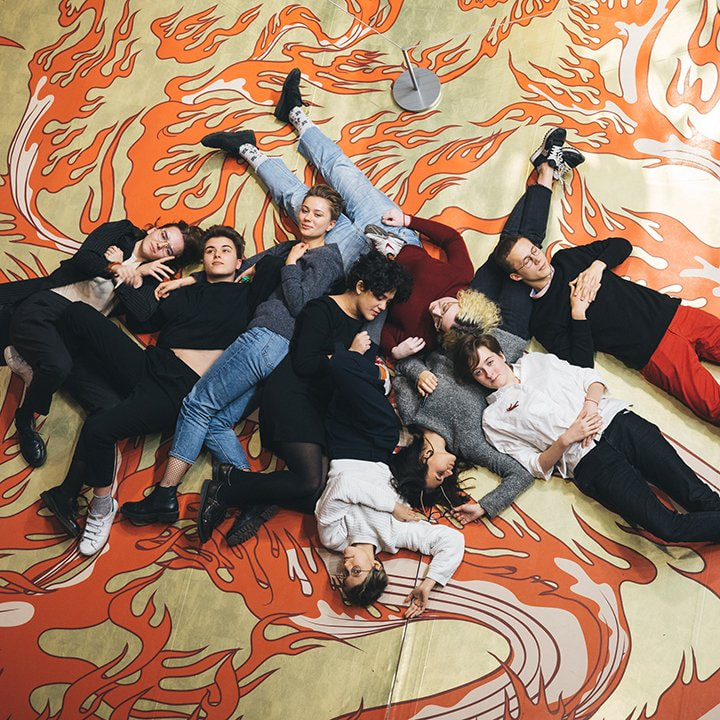After studying the ideas of Brazilian director Augusto Boal, Garage Teens Team brought his participatory theater into the Museum space.
Augusto Boal’s Theater of the Oppressed has everything that makes a conventional theater performance: a script, actors, and an audience. The difference is that the spectators are not told when and when the performance will take place, nor indeed do they know for sure that what they see unfold before their eyes is theater. Instead, actors perform in a public space and if a passer-by decides to intervene, that means the subject they chose is important and resonates with the public. Boal’s theater works with social issues and performances are often based on, or reflect the experiences of, the actors. Spectators who decide to take part bring in their own experience and perspective with them.
After a week of intensive training with Vmeste theater project, members of Garage Teens Team prepared their own performances for the Museum space and the space of Takashi Murakami’s exhibition Under the Radiation Falls.
Augusto Boal (1931–2009) was a Brazilian writer, theater director and politician; founder of Theater of the Oppressed, which grew out of radical education movements, and in particular Pedagogy of the Oppressed developed by Brazilian psychologist and teacher Paulo Freire. In 1971, after he staged several performances in Brazil, Boal was arrested and exiled to Argentina, where he invented Theater of the Oppressed, as he was banned from theater.

